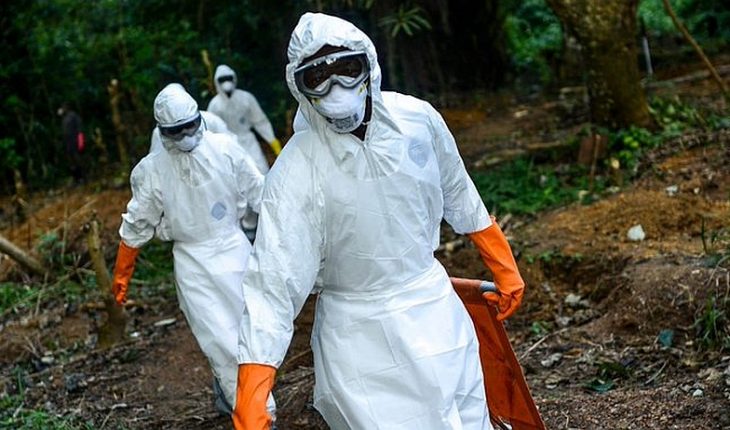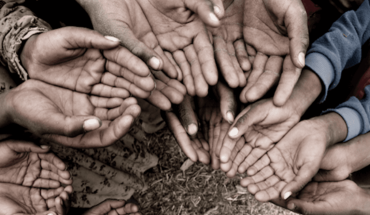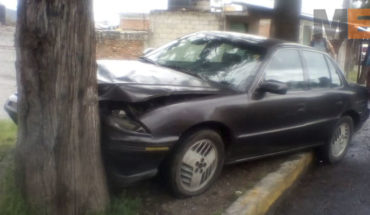The Pasteur Institute in Côte d’Ivoire has confirmed the first case of Ebola in this African country since 1994, the country’s Ministry of Health and the World Health Organization (WHO) said today. According to the first investigations, the patient had traveled on August 12 to the capital, Abidjan, by road from neighboring Guinea, which announced on June 19 the end of the last outbreak of this disease, with 23 cases diagnosed and 12 deaths, after extending for four months. The patient, an 18-year-old Guinean national, was admitted to a hospital after suffering from fever and is currently undergoing treatment, according to a statement released late Saturday by the Ivorian Ministry of Health. According to the WHO, nothing indicates at the moment that the outbreak in Côte d’Ivoire is connected to the last one in Guinea but “further research and genomic sequencing will identify the strain and determine if there is a connection between the two.” During this year, Ebola outbreaks have been declared in the Democratic Republic of Congo (DRC), whose end was declared on May 3, and in Guinea but, according to the agency, this is the first time that there has been an outbreak in a large capital such as Abidjan, since the epidemic that broke out in West Africa in 2014-2016 and killed 11,300 people. Although Côte d’Ivoire shares a border with Liberia and Guinea, hit by that terrible outbreak, the country had not had any confirmed cases since 1994, when the virus jumped from a family of chimpanzees to a scientist.” It is of great concern that this outbreak has been declared in Abidjan, a metropolis of more than four million people,” WHO Regional Director for Africa Matshidiso Moeti said in a statement today.The agency added that 5,000 doses of the Ebola vaccine that had been reserved to deal with the outbreak in Guinea are now being transferred to Côte d’Ivoire, thanks to an agreement between the ministries of health of both countries. Also, following an emergency inter-ministerial meeting today, the Ivorian health authorities decided to impose several measures, such as the reactivation of community surveillance to respond to Ebola or the follow-up of all contacts, as well as the “immediate” vaccination of all priority groups (such as health or security personnel). The Ebola virus is transmitted through direct contact with contaminated blood and body fluids of humans or animals, causes hemorrhagic fever and can reach a mortality rate of 90% if not treated in time.
translated from Spanish: First case of Ebola detected in Côte d’Ivoire in nearly 30 years
August 14, 2021 |





